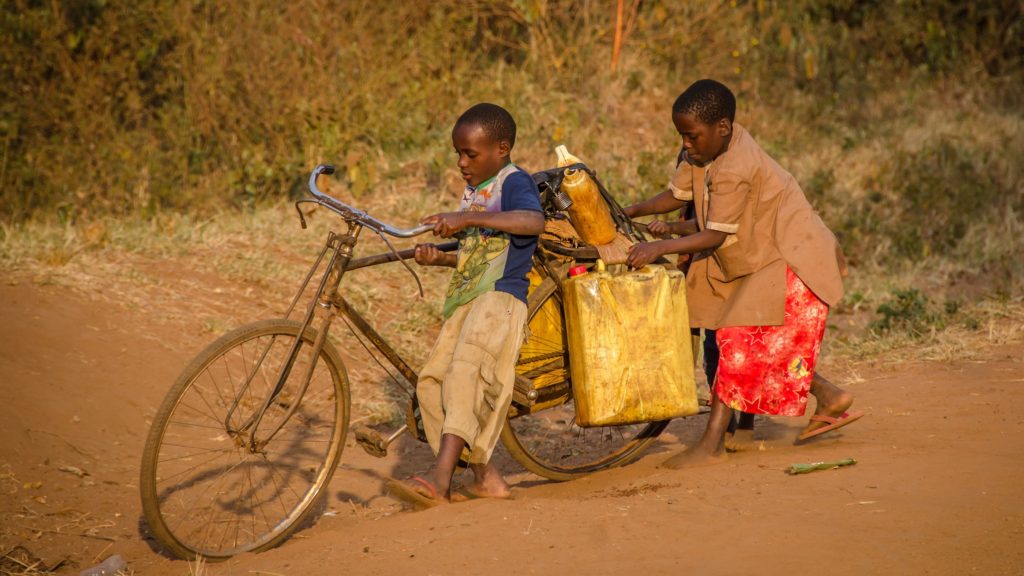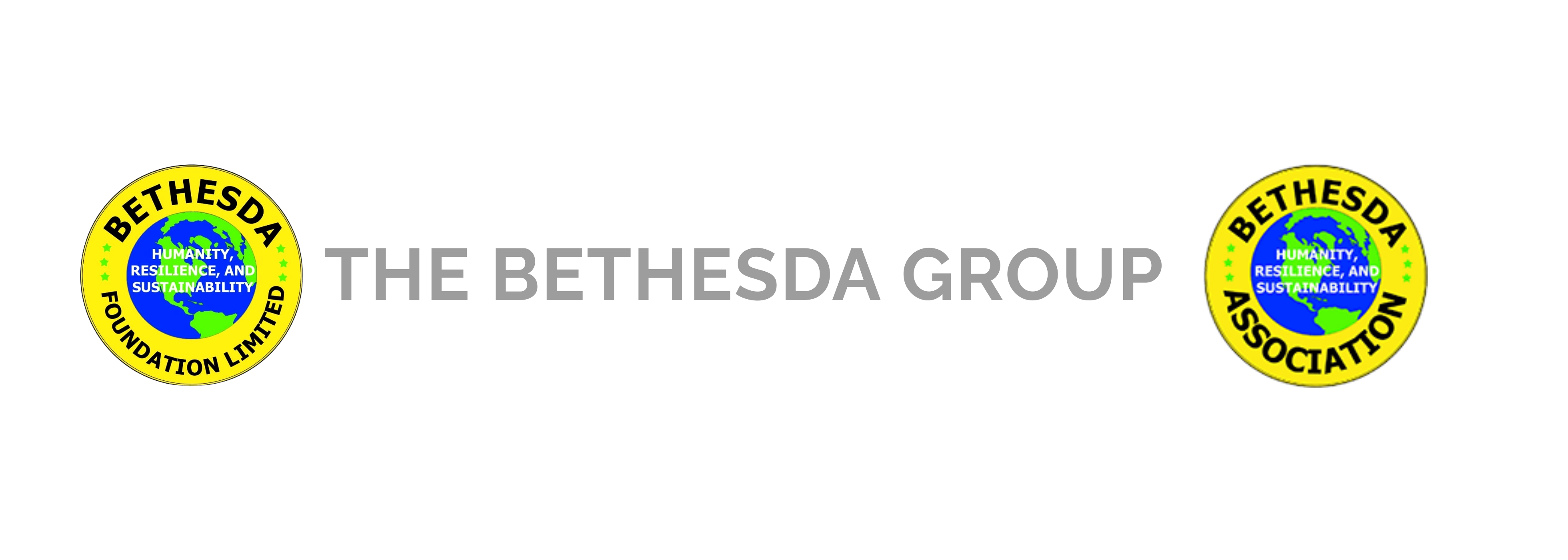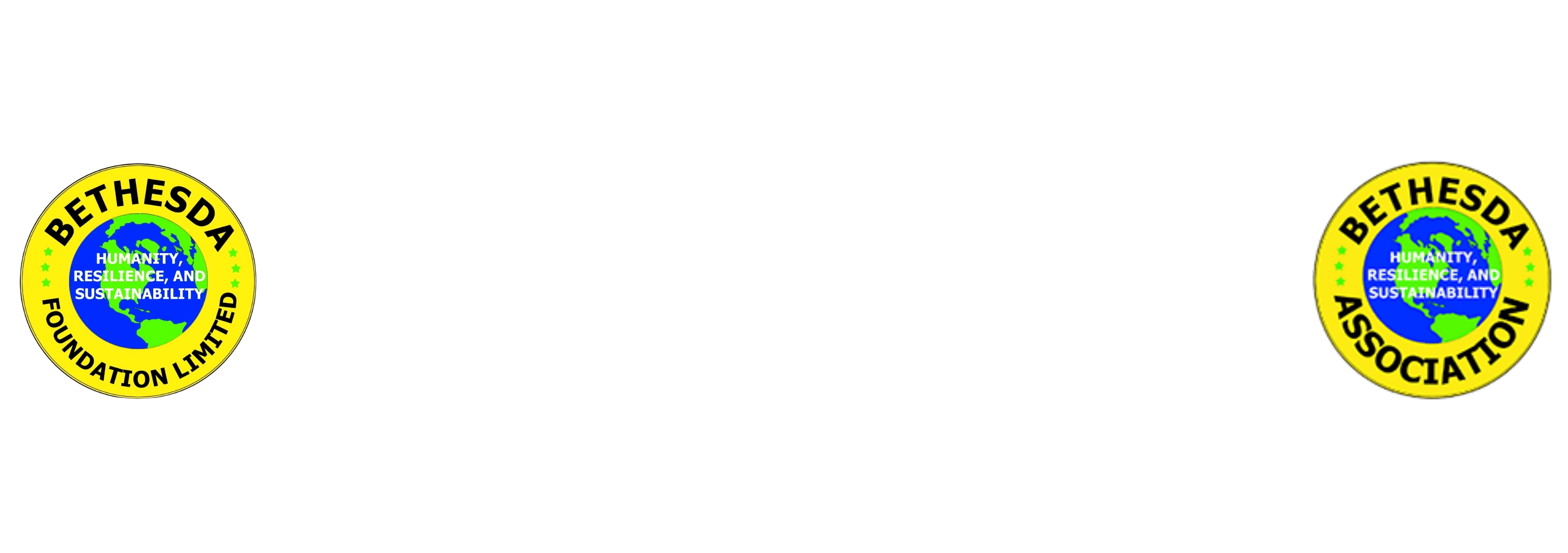Info@Bethesda-group.com
A solar-powered borehole pump
Construction of Solar powered Borehole
Don't you think CLEAN WATER IS A HUMAN RIGHT ?
The BETHESDA GROUP : - Empowering Communities in Cameroon and Uganda Through Solar Water Solutions project - aims to improve access to clean and reliable water sources for underserved communities in Cameroon and Uganda. By installing solar-powered borehole taps, this initiative will address the critical issue of water scarcity and promote sustainable development, enhancing the quality of life for residents and fostering community growth.
Project Objectives:
Access to Clean Water: Install solar-powered borehole taps to provide communities with a continuous supply of clean and safe drinking water which reduces serious health challenges.
Sustainability: Utilize renewable energy sources to ensure the long-term viability of the water supply system.
Health and Hygiene: Improve community health by reducing waterborne diseases and enabling proper sanitation practices, and enables schools have toilets.
Empowerment: Enhance women's and girls' opportunities by reducing the time spent fetching water, allowing them to focus on education and income-generating activities.
Project Activities:
Site Selection and Assessment:
- Identify target communities in Cameroon and Uganda based on water scarcity and need.
- Conduct thorough site assessments, including geophysical surveys, hydrogeological studies, and community consultations.
Solar Borehole Installation:
- Collaborate with local partners and experts to drill and construct boreholes equipped with solar-powered water pumps.
- Install solar panels and pumps capable of efficiently lifting water to the surface for distribution.
Water Distribution System:
- Design and implement a network of water distribution points to ensure equitable access for all community members.
- Install tap stands equipped with flow meters and hygiene education materials.
Capacity Building and Training:
- Provide training to local community members on system operation, maintenance, and basic troubleshooting.
- Establish water management committees to oversee the system's proper functioning and sustainability.
Health and Hygiene Promotion:
- Conduct workshops on proper hygiene practices, water treatment, and sanitation to raise awareness among community members.
- Distribute educational materials and resources to reinforce health and hygiene behaviors.
Monitoring and Evaluation:
- Establish a robust monitoring system to track water usage, system functionality, and impact on community health.
- Conduct regular visits to communities for maintenance and support, addressing any technical issues promptly.
Community Engagement and Empowerment:
- Involve community members in decision-making processes related to project implementation and management.
- Empower women and girls by reducing their water-fetching burden, enabling them to invest time in education and income-generation.



